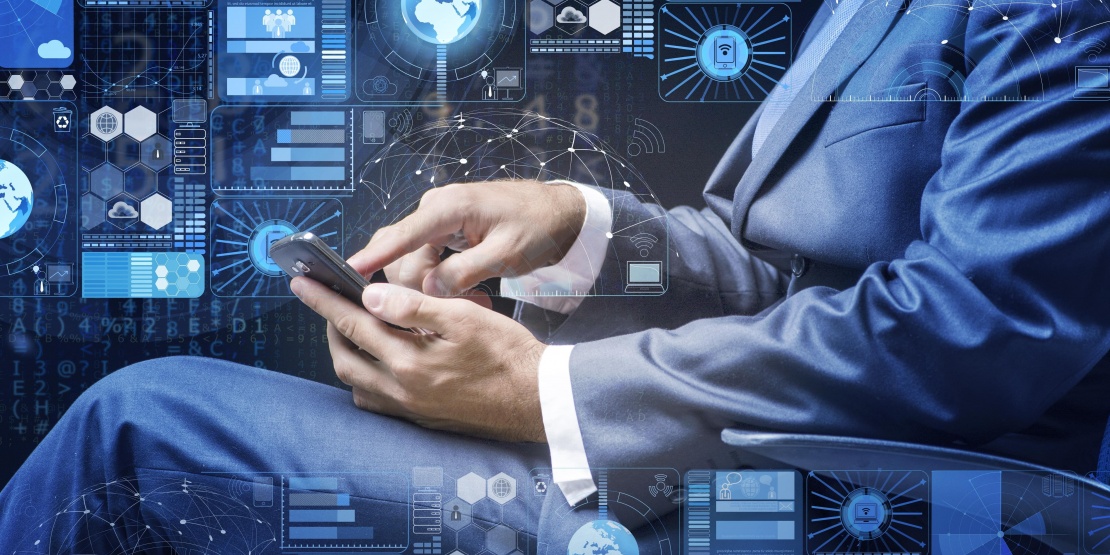Emerging Technologies: Innovations Shaping the Future
As technology continues to evolve rapidly, several new developments are set to transform industries, economies, and daily life. Here are some of the most impactful emerging technologies to watch.
1. Artificial Intelligence (AI) and Machine Learning (ML)
- Generative AI: Beyond text and image generation, generative AI models are being applied to fields such as drug discovery, code generation, and data synthesis.
- AutoML: Automated machine learning is making it easier for non-experts to build and deploy ML models, democratizing AI’s potential across industries.
- AI-Powered Personalization: Businesses are using AI to deliver highly personalized user experiences, enhancing engagement and customer satisfaction.
2. Quantum Computing
- Quantum Algorithms: Specialized algorithms are making it possible to tackle complex tasks like molecular simulations, cryptography, and optimization, beyond classical capabilities.
- Quantum Cloud Services: Companies like Google, IBM, and Amazon are bringing quantum computing to the cloud, providing access for research and industry-specific applications.
- Quantum Cybersecurity: As quantum computing advances, the need for quantum-resistant encryption grows, pushing cybersecurity into a new era.
3. Blockchain and Decentralized Technologies
- Decentralized Finance (DeFi): DeFi applications are democratizing finance by offering services like lending, borrowing, and trading on decentralized platforms without intermediaries.
- Non-Fungible Tokens (NFTs): NFTs are evolving beyond digital art to include use cases like digital identity, real estate tokenization, and intellectual property management.
- Supply Chain Transparency: Blockchain is enhancing supply chain management by improving traceability and transparency, especially for industries like food, pharmaceuticals, and fashion.
4. Extended Reality (XR) – AR, VR, and MR
- Augmented Reality (AR): AR is increasingly being used in retail, healthcare, and education to provide interactive experiences by overlaying digital information onto the physical world.
- Virtual Reality (VR): VR is transforming training, gaming, and remote work by creating immersive environments where users can interact in a controlled, virtual space.
- Mixed Reality (MR): MR combines AR and VR elements to allow for more complex interactions with digital objects, enhancing fields like design, engineering, and virtual meetings.
5. 5G and Edge Computing
- Low-Latency Applications: 5G’s high-speed, low-latency network enables real-time applications, including remote surgery, autonomous vehicles, and augmented reality.
- Edge Computing Growth: As IoT and connected devices proliferate, edge computing is becoming essential, processing data closer to where it’s generated to reduce latency and improve privacy.
- Smart City and IoT Advancements: 5G and edge computing are powering smart city initiatives, enhancing public safety, traffic management, and energy efficiency.
6. Biotech and Genomics
- CRISPR and Gene Editing: Gene-editing technologies like CRISPR are making it possible to alter DNA with unprecedented precision, opening new possibilities for treating genetic diseases and improving agriculture.
- Personalized Medicine: Advances in genomics enable treatments tailored to an individual’s genetic profile, improving effectiveness in fields like cancer therapy and drug development.
- Synthetic Biology: Synthetic biology uses custom-designed organisms for applications like biomanufacturing, environmental cleanup, and biofuels.
7. Autonomous Systems and Robotics
- AI-Driven Robotics: Robots are becoming more intelligent and versatile, with applications ranging from manufacturing and logistics to healthcare and agriculture.
- Drone Delivery: Autonomous drones are being used for delivery, especially in remote or hard-to-reach areas, improving last-mile logistics.
- Collaborative Robots (Cobots): Cobots work alongside humans in environments like warehouses and assembly lines, enhancing productivity and safety.
8. Internet of Things (IoT) and Smart Ecosystems
- Smart Homes: Smart home ecosystems are expanding, with more devices like thermostats, cameras, and appliances connected to central systems for improved convenience and energy efficiency.
- Industrial IoT (IIoT): IIoT is transforming manufacturing and logistics by enabling predictive maintenance, real-time monitoring, and automation.
- Healthcare IoT: Wearable and connected medical devices are allowing for remote patient monitoring, telemedicine, and more efficient healthcare management.
9. Clean Energy Innovations
- Fusion Energy: Fusion promises limitless, clean energy by replicating the process that powers the sun, with advancements making it appear increasingly viable.
- Hydrogen Power: Hydrogen is emerging as a green alternative for heavy industries and transportation, with potential to reduce carbon emissions.
- Energy Storage: Advanced batteries and energy storage solutions are becoming essential for managing renewable energy and supporting grid resilience.
10. Cybersecurity and Privacy Technologies
- Zero-Trust Security: Organizations are adopting zero-trust architectures, where no user or device is trusted by default, enhancing security in a cloud-first environment.
- AI-Powered Threat Detection: AI and ML are transforming cybersecurity by identifying threats faster and with more accuracy, preventing breaches and data loss.
- Quantum-Safe Encryption: As quantum computing advances, new encryption standards are being developed to ensure data security in the face of quantum capabilities.
11. Advanced Materials and Nanotechnology
- Graphene: This ultra-thin, highly conductive material has potential uses in electronics, energy storage, and even medical devices.
- Self-Healing Materials: Self-repairing materials could enhance durability for products in fields like construction, automotive, and consumer electronics.
- Nanoelectronics: The miniaturization of electronics using nanotechnology is advancing computing power, sensor technology, and wearable devices.
12. Space Exploration and Commercialization
- Space Tourism: Companies like SpaceX, Blue Origin, and Virgin Galactic are paving the way for commercial space travel, bringing space tourism closer to reality.
- Lunar and Mars Missions: Governments and private companies are preparing for missions to the Moon and Mars, aiming for exploration and even colonization.
- Asteroid Mining: Mining asteroids for resources could transform the global economy by providing materials that are scarce on Earth, like precious metals.
Conclusion
These emerging technologies are expected to drive significant change in the coming years, with transformative impacts on industries, economies, and society. As advancements continue, they offer exciting possibilities for innovation, while also requiring careful consideration of ethical and regulatory frameworks to ensure that the future of technology aligns with societal needs and values.






